 diad
diad Opposite
from diad meaning two, comparing two things
(Diagram,
diagnosis)
Dia + gnosis meaning
gnosis, to know; knowing from two different means.
lectic
From
lexis means word, words (lexicon, legend) speaking, speech, spoken words
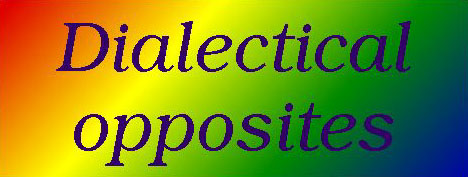

To
contradict in order to determine the reason or rationale of something.
| Pro |
assert |
plaintiff |
prosecution |
promote |
ideal |
propose |
support |
| Con |
refute |
defendant |
defense |
demote |
real |
oppose |
condemn |
an example
or
| Pro |
Con |
prefix (before)
|
suffix (after)
|
add +
|
subtract -
|
multiply X
|
divide Ö
|
advocate
|
denigrate
|
| synonym |
antonym |
one |
many |
day |
night |
positive |
negative |
plus |
minus |
predator
|
prey
|
adult
|
child
|

etymology | meaning | differing | contrasts | examplesĞantonyms | opposites | archaeon | atoms

next
Opposites reveal how matter is arranged:
This diagram is an example of how dialectically opposite concepts when joined can create a more accurate picture of the way things behave, exist, or are perceived.
Two similar architectural features joined by an archways.
Below is the exterior of a reconstruction of Constantine's Basilica at Trier, one of the capitals of the Roman Empire, The plan of the building was incorporated into the earliest Christian churches as the common basilica or town hall were the municipal meeting places or venues for law courts in ancient Roman society. Much of the buildings design and construction rested on a union of opposite features.
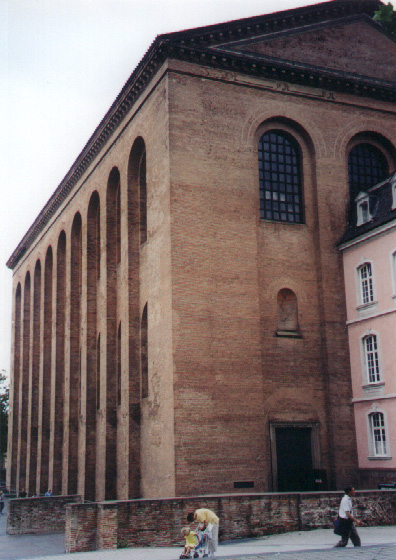 What
in the chapel appears to be arranged in pairs or opposite sides?
What
in the chapel appears to be arranged in pairs or opposite sides?
An
arch,
set
perpendicular to another arch at its center point
is a vault
phonic
versus antiphony
Narthex
versus Altar
What
is a vault and how is it constructed?
Dialectical
refers to the capacity to see an inherent opposition between two things, literally. Figuratively it implies the capability to understand contradictory points of view. A dialectic
embodies the ability to set arguments side by side in order to determine
their relative structure, factual evidence, and believable qualities.
Thus
when choosing to compare and contrast positions a dialectical emerges from
the differences that are delineated by listing points and counter-points to
every description and argument that is presented by a piece of writing, an
exposition, or an essay. There is always an opposite perspective to the assertions
of an argument.
etymology | meaning | differing | contrasts | examplesĞantonyms | opposites | archaeon | atoms

next

|
|
|
Proton |
|
Neutron |
Positive |
|
No charge |
But
we construct the world out of opposites and by uniting these apparent polarities
in a structure we make use of contrasts in order to see more accurately what
it is we are perceiving. Genuine, authentic knowledge only emerges from a
contrast of opposites.
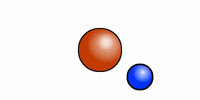
The problem is that any atom is and all atoms are really composed of negatively charged electrons (blue ball) and positively charged (orange ball) protons.

etymology | meaning | differing | contrasts | examplesĞantonyms | opposites | archaeon | atoms

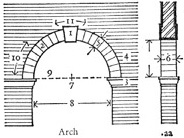 An arch, any arch is a composition of opposing forces to raise a great structure. Just as an atom is composed of opposing forces of electrical charges that sustain the great structure of the material world. Atoms bond into compounds and compounds into molecules that make up the different things we see, touch, sense and are made up of from the world around us.
An arch, any arch is a composition of opposing forces to raise a great structure. Just as an atom is composed of opposing forces of electrical charges that sustain the great structure of the material world. Atoms bond into compounds and compounds into molecules that make up the different things we see, touch, sense and are made up of from the world around us.
Dialectic described
Last
Updated on
August 6, 2006
, June 10, 2011.
By
Joseph Siry
schedule | Research home | Atlas | site-map | Ecology | laws | reliable
web sites | quick look
Science
Index | Site Analysis | Population
Index | Global Warming Index | Nature
Index | Research sites | Genes
Terms | Glossary | Word
webs | Basic vocabulary | Advanced Vocabulary | Etymology | Concepts
Writing | Interviews | Free
Writing
Home | Site Map | Overview

![]()
![]()
 dialectical is derived from the root of the words dialectic, dialect; dialog.
dialectical is derived from the root of the words dialectic, dialect; dialog.![]()
![]()
![]()
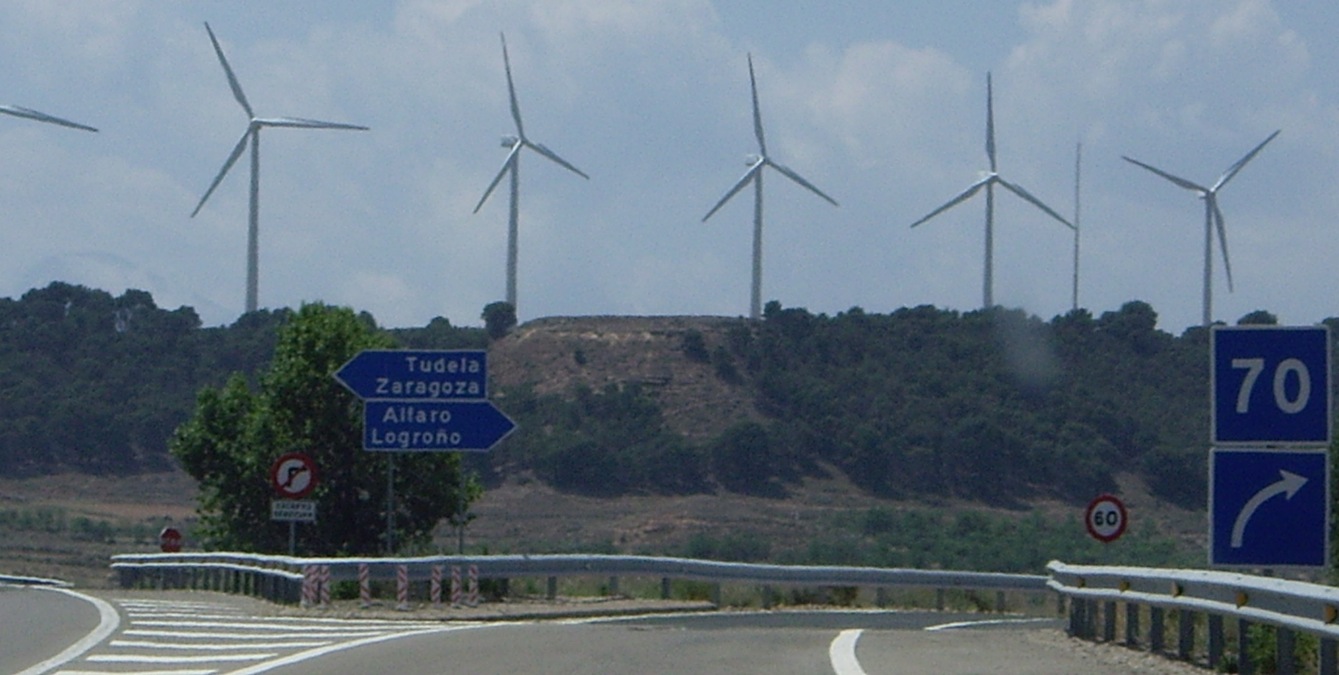
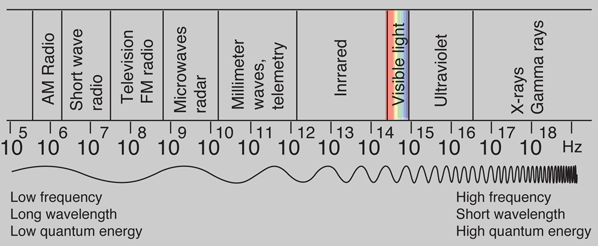


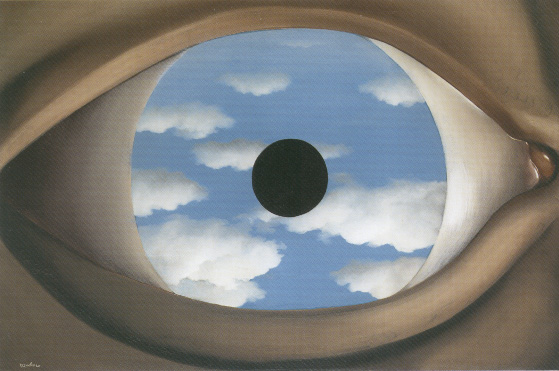
 favorable
as opposed to unfavorable
favorable
as opposed to unfavorable

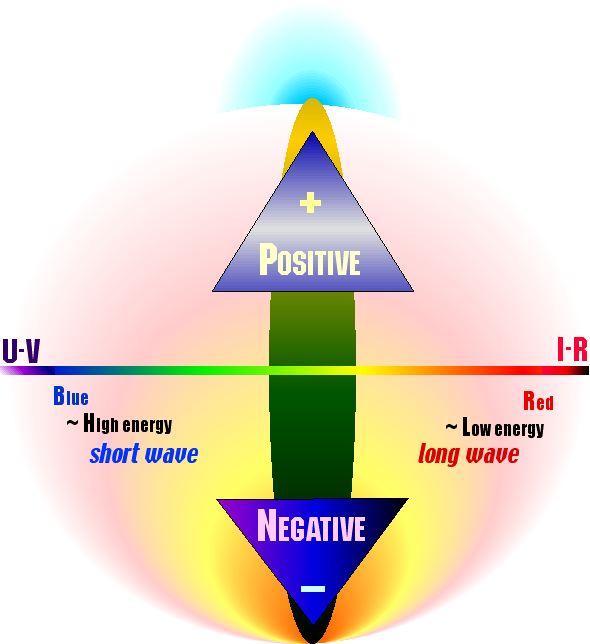

 What
in the chapel appears to be arranged in pairs or opposite sides?
What
in the chapel appears to be arranged in pairs or opposite sides?



 An
An 